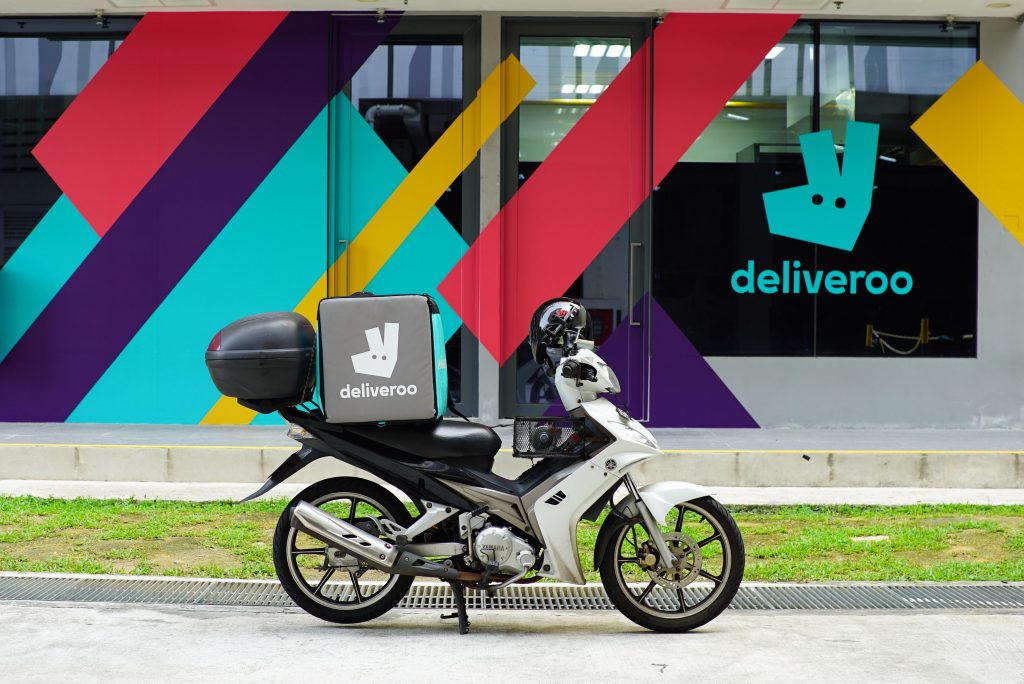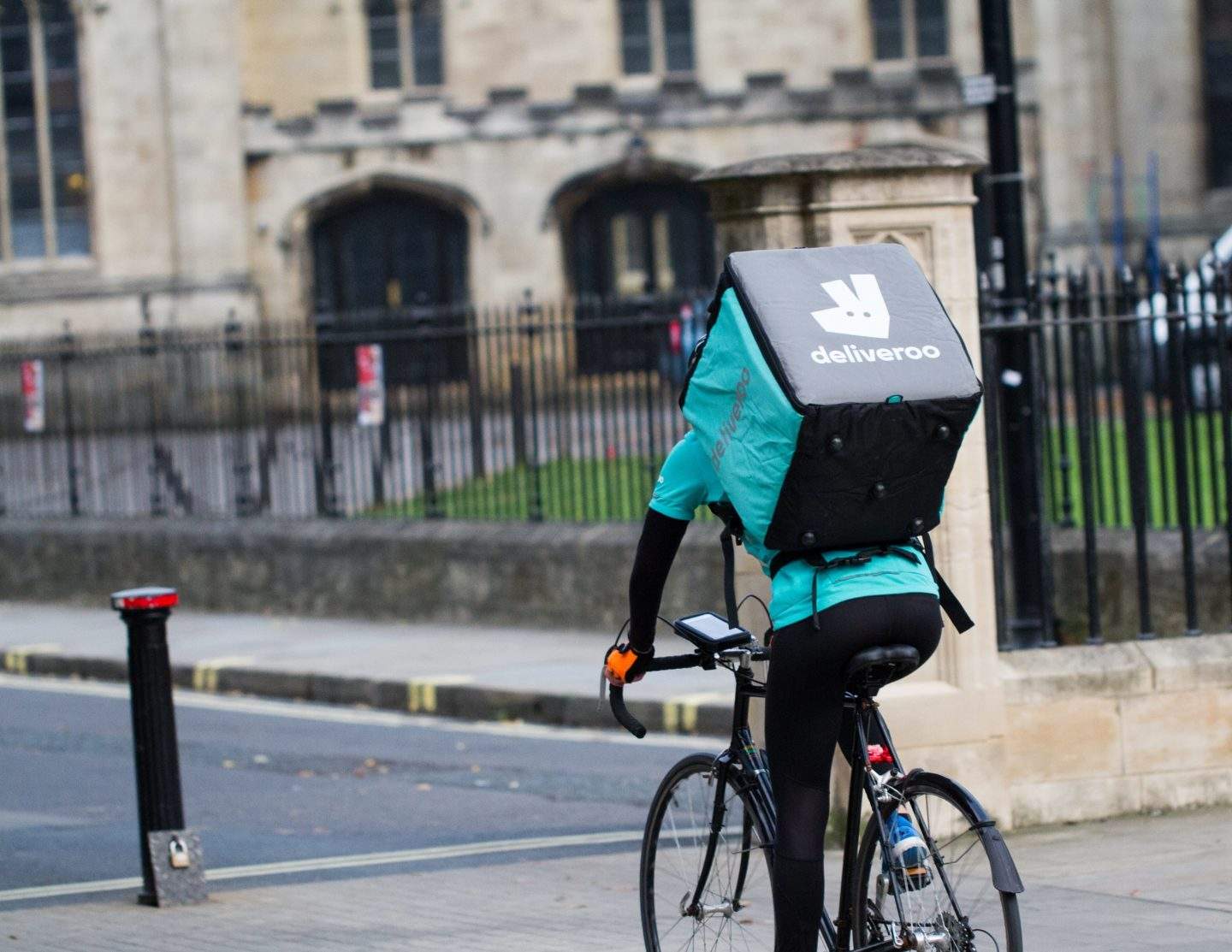
It’s no secret that modern life has left us over-worked with little time to ourselves and has left our planet to suffer. This has played out no better than in the very thing that keeps us fuelled throughout the day: our food.
“People don’t have the time for dinner that they used to,” said Harry Balzer, an analyst for the 2015 report ‘Eating Patterns in America’.
The report found that only 60% of meals eaten at home in the US are actually homemade meals, and these numbers are to continue to fall. “This is one of those downward trends to watch. At the current rate, less than half of all dinners eaten at home in this country will be homemade,” he said.
It’s no surprise that the rise of microwave meals and takeaways correlates with increasing rates of obesity. A study published in the British Medical Journal found that not even one of the 100 supermarket ready meals tested met World Health Organization nutritional guidelines. According to a UK government report released in 2018, obesity levels in the UK have increased from 15% of the population in 1993, to over 26% in 2015.
However, it’s not just our waistlines this is having an impact on. Our over reliance on ready meals is leading to the world’s plastic pollution.
Fast food fast plastic
In London alone, 60,000 orders on delivery service app Deliveroo are made every single day. It is estimated that 79m ready meals are eaten every week in Britain, most of which are packaged in plastic.
While delivery services such as Deliveroo and Just Eat have made steps towards reducing their plastic use, their measures don’t go far enough and won’t undo the scale of the damage already done.
Until 2018 both companies provided free plastic cutlery with every meal, despite the majority of these meals being delivered to home addresses where people already have cutlery. While Deliveroo boasts 91% of its customers now opt out of having plastic cutlery, these figures suggest that approximately 90% of all meals the company delivered prior to this were delivered with unwanted plastics for over three years.
Despite this, progress is certainly being made. In 2018, Just Eat announced they would be introducing recyclable sauce sachets made from seaweed to replace their former plastic ones, with Deliveroo launching recyclable packaging alternatives.
Current problems
The problems here are worth noting. Vegwear is a recyclable takeaway packaging to replace traditional polystyrene boxes.
However, many places including major UK cities such as Cardiff do not currently have the facilities to recycle or compost such material, so the packaging still ends up in incinerators. Just because something is recyclable doesn’t mean that it will find itself in people’s recycling bins, especially when we’ve become accustomed to throwing all our rubbish in the bin.
“While recycling rates with ready meals have risen, this increase has been negated by an increase in consumption, and convenience and fast food needs to take some of the blame,” said Lucy Siege of The Guardian.
When considering the rise of instant food services like Deliveroo, their origins speak volumes.
Chief Executive and Founder Will Shu founded Deliveroo in 2013 after coming to rely on ‘comfort food’ delivery services after working late nights on Wall Street in the early 2000s. After he was transferred to London, he found England’s capital didn’t have the same all-hours delivery service, so set up the now multi-million-pound company to tackle this. The company has continued to grow since then.
“In a world of increasingly time-starved and asset-light millennial consumers, we think growth in online food delivery is part of a megatrend which shouldn’t be ignored,” said the 2018 report ‘Is the Kitchen Dead?’ The report tracked the growth of home delivery services and argued that this trend is going to grow exponentially, so that by 2030 most meals cooked at home will instead be ordered online and delivered from either restaurants or central kitchens.
“The total cost of production of a professionally cooked and delivered meal could approach the cost of home-cooked food, or beat it when time is factored in,” the report continued. And there is truth in the report’s predictions: last year, the food delivery sector grew 10 times faster than the growth of eating out did. Deliveroo grew by a staggering 650% in 2016 from 2015.
Allowing this growth to continue at its current rate neglects our own personal health, and that of the planet.
Friday night dinners
While companies like Deliveroo might be a staple of our Friday night dinners, they are also the product of an overworked society where a takeaway at the end of the week is seen as an escape from the pressures of modern society. Or even worse: the unglamorous microwave meal becomes an unhealthy habit people rely upon. And this a self-perpetuated cycle. The more we allow ourselves to not take time out of our days to relax and cook ourselves food, the more we will allow ourselves to get consumed by our unhealthy work habits and help contribute to the world’s plastic pollution.
Cooking homemade meals is not only good for us, but the planet. Making homemade meals means we are forced to take time out of the day, it is good for our mental wellbeing, and means we don’t contribute to our tumbling waste problem. Our dependency on plastic products is representative of a society that relies on even the most basic of things to come pre-wrapped for us.
No matter how recyclable companies claim to make their packaging, the best option is to say no to single-use packaging in the first place. Until all packaging provided by such companies and takeaway outlets is totally plastic-free, not enough work is being done. Momentary convenience shouldn’t come at the expense of the planet.

